Las Hurdes, a Land with Soul (2015)
ジャンル : ドキュメンタリー, テレビ映画
上映時間 : 1時間 1分
演出 : Jesús M. Santos, Ione Hernández
シノプシス
A modern answer to Luis Buñuel's mythical documentary “Land Without Bread” (1933) about Las Hurdes, a historically impoverished region of the province of Cáceres, in Extremadura, Spain, and also a journey of discovery of the soul of this beautiful land and its inhabitants.
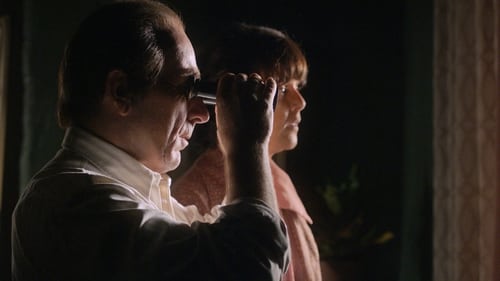
A small village in Huelva, Andalusia, Spain, 1936. Higinio and Rosa have been married only for a few months when the Civil War breaks out. Higinio, being afraid of possible reprisals from the rebel faction, decides to use a hole dug in his own house as a temporary hideout.
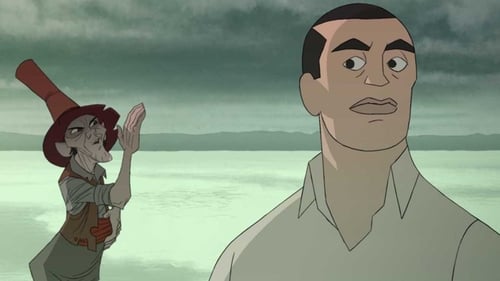
Paris, 1930. Luis Buñuel is penniless after the scandal surrounding the release of his last movie. Sculptor Ramón Acín, a good friend, buys a lottery ticket and promises Buñuel that he will pay for his next movie if he wins the prize.
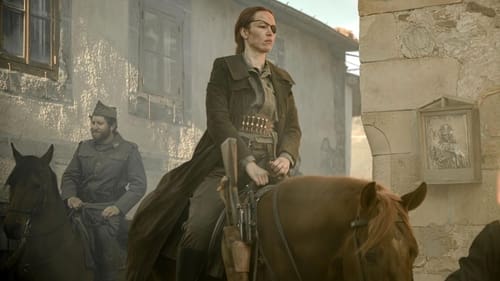
Northern Spain, October 1944. Several groups of guerrilla fighters, former Republican soldiers exiled in France after the end of the Spanish Civil War, infiltrate the country in order to provoke a popular uprising against General Franco's dictatorship.

In 1864, the Spanish poet Gustavo Adolfo Bécquer (1836-70), suffering from health problems, retires to the monastery of Veruela. Far from the noise and worldly activity of the capital, he immerses himself in the landscape of the mysterious Moncayo mountain. There, he discovers a new world full of legends that converge in a small village located at the foot of the mountain: Trasmoz, the Village of the Witches, the only officially cursed village in Spain.
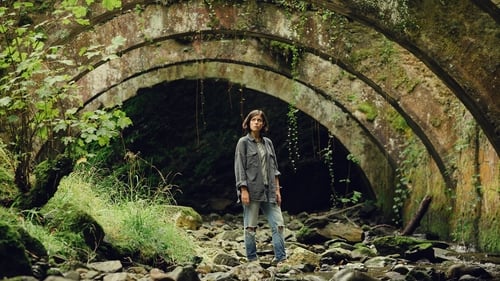
Navarra, Spain. Alba has just turned thirty and is about to enjoy a weekend with her boyfriend and her friends in an isolated country house, but soon she will notice that this particular weekend is not at all like any other that she has lived before.
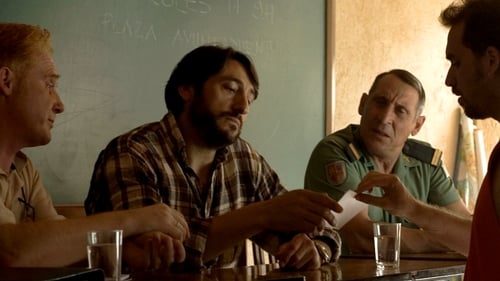
Two speleologists, Esteban and Pedro, travel to a mountainous area located in northern Spain, near a small village, to study a newly discovered cave and determine if it is of scientific interest, while Gabi, Esteban's wife, awaits their return on a lonely road at the foot of the mountain.
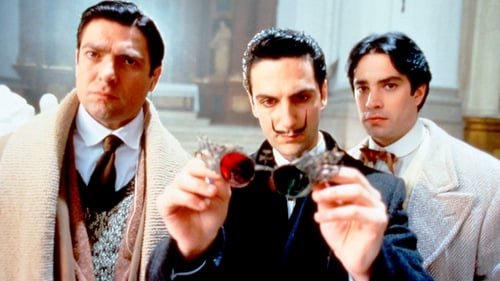
The old Spanish filmmaker Luis Buñuel (1900-83) imagines a movie plot, set in Toledo in the future 2002, about the fantastic adventure of three actors, who play him and his friends, the painter Salvador Dalí (1904-89) and the poet Federico García Lorca (1898-1936), and their search for King Solomon's table, a mythical artifact capable of revealing the past, present and future.

Spain, 1932. Spanish filmmaker Luis Buñuel travels to the region of Las Hurdes, in Extremadura, where he shoots his third film, a very critical and later controversial documentary about the living conditions of the poor peasants, abandoned and forgotten by the national authorities.

George, an agoraphobic young woman, cannot go more than 522 steps away from her home. One day, a personal tragedy forces her to embark on a journey from Spain to her native Portugal. Along the way, George's whole world begins to widen…

Spain, 1960. French student Monique Roumette lives in Madrid on a scholarship. Thanks to a friend who works in the production company Uninci, she has the privilege of attending the shooting of Viridiana, a film directed by Luis Buñuel.
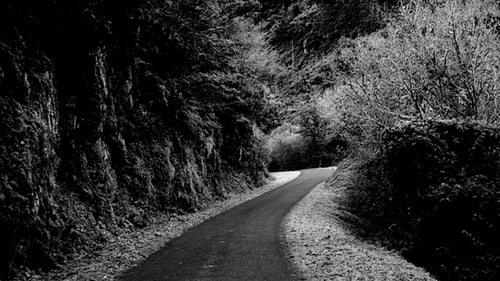
Province of Lugo, Galicia, Spain. A year in the life of A Fonsagrada, a rural region whose inhabitants live both near and far from urban civilization; a praise of the distance that crosses the four seasons of the year, whose inevitable passage transforms both the natural environment and the existence of people, a simple, dignified and peaceful existence.

Accompanied by the songs of singer-songwriter José Antonio Labordeta, a poetic journey through the inhospitable shire of the Monegros, located in the region of Aragón, in Spain, in search of peace and isolation.

A poetic journey through the paths and places of old Castile that were traveled and visited by the melancholic knight Don Quixote of La Mancha and his judicious squire Sancho Panza, the immortal characters of Miguel de Cervantes, which offers a candid depiction of rural life in Spain in the early 1930s and illustrates the first sentence of the first article of the Spanish Constitution of 1931, which proclaims that Spain is a democratic republic of workers of all kind.

Los Montes de la Ermita, region of Bierzo Alto, in the province of León, Spain. Six women assist Joaquín —the only and last inhabitant of the remote village, located on the slopes of the mythical and mysterious Catoute Peak—, who is in danger of death due to an unfortunate accident.
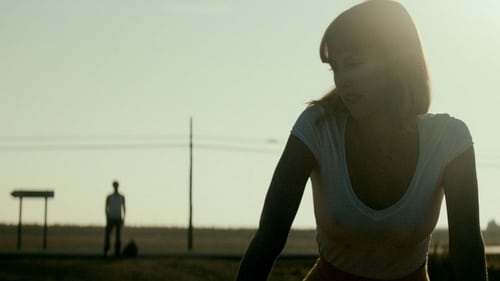
Jesús, a middle-aged man, finds out that he suffers from a venereal disease. Feeling guilty, he abandons his pregnant wife and flees to the countryside. In Pozoamargo, a small village lost in the middle of nowhere, he works as a grape harvester, living a simple existence, until he meets Gloria, a peculiar young woman.
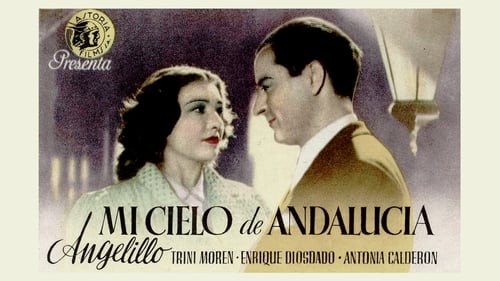
Rafaelillo, a young upper-class Andalusian man and medical student in Madrid, has not told his parents the whole truth about the kind of life he leads in the capital. Once home, he will have to face the consequences of his many lies… (Film produced in Argentina by the Spanish company Filmófono, after the forced exile of most of its members since 1937.)

A small village in Aragón, Spain, at the end of the 19th century. After being caught by her father fooling around with Melchor, an unscrupulous womanizer, being disgraced and losing everything, young Dolores is forced to take to the roads in search of work.


















